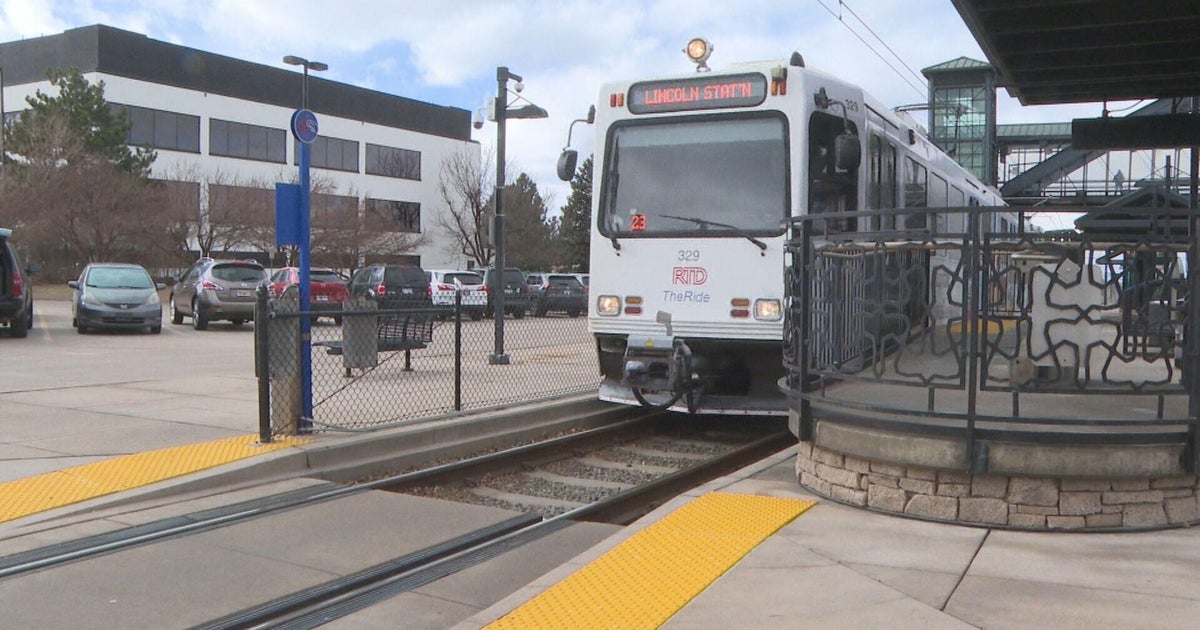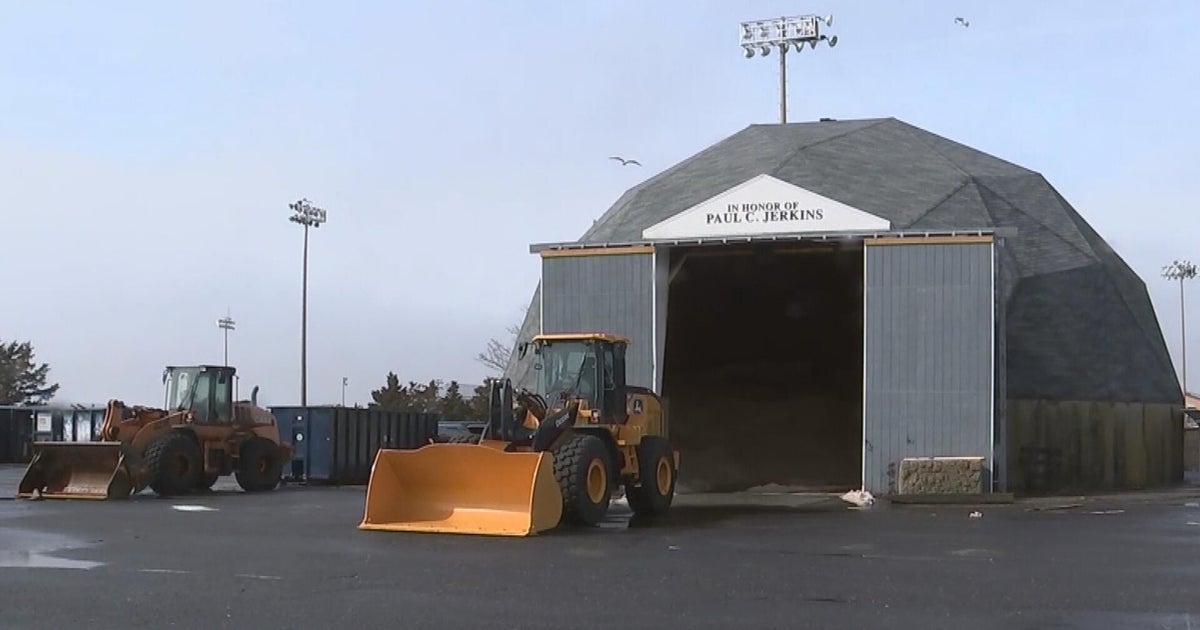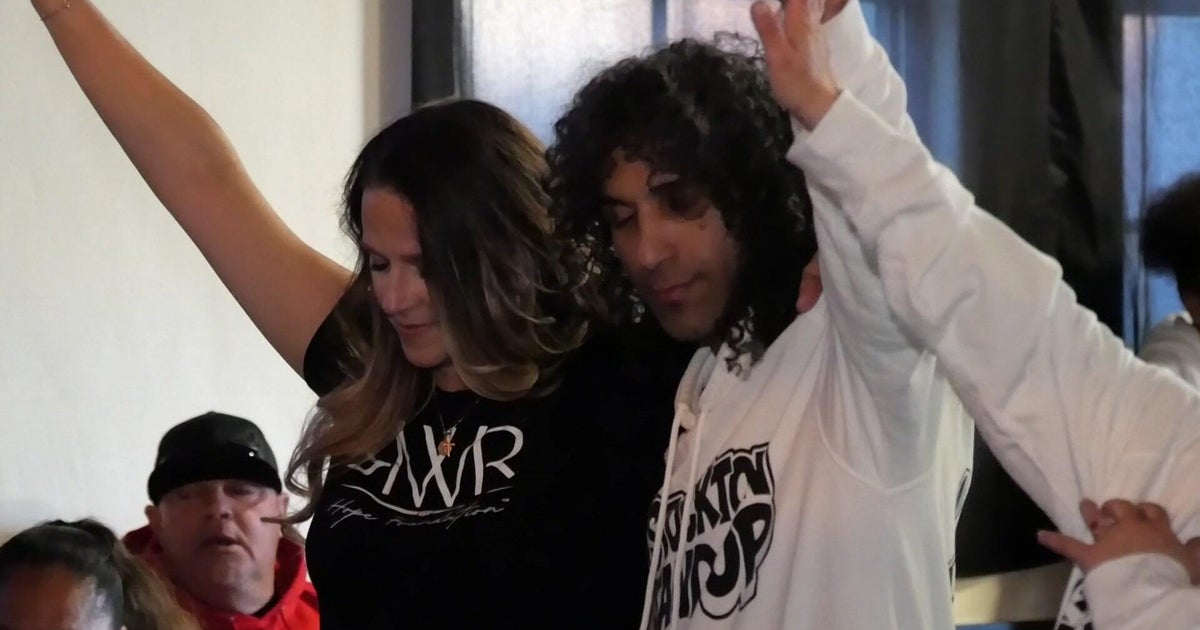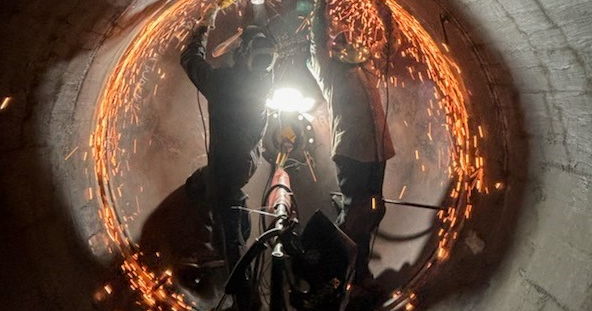Illinois state lawmakers discuss proposed merger of 3 mass transit agencies
CHICAGO (CBS) -- An Illinois Senate committee on Tuesday hosted the first in a series of public hearings on a plan to combine CTA, Metra, and Pace into a single public transit agency.
It was a packed house at the Bilandic Building in downtown Chicago as the Illinois Senate Transportation Committee began a public hearing at 10 a.m. on the Metropolitan Mobility Authority Act, proposed legislation which would create the Metropolitan Mobility Authority to replace the Regional Transportation Authority, and combine the CTA, Metra, and Pace into one agency.
Riders on all three systems would be able to pay a single universal fare for one pass, regardless of how they travel.
State lawmakers have not determined what the merger would cost, saying they still need to determine funding.
"There will be no votes for funding unless we address service, governance, and the corresponding reforms that are needed to give our residents – the taxpayers in the RTA region – the confidence that this system – this public transit system – will be one that meets the once-in-a-generation opportunity to recreate a safe, reliable, accessible, equitable, and environmentally conscious and economically impactful public transportation system," said Illinois State Sen. Ram Villivalam (D-Chicago), the chair of the Senate Transportation Committee.
Skepticism from agency heads
Leaders from the three agencies said they don't see merging as a solution to the financial challenges that they're facing. They said governance is not the issue and that they need more funding, which will boost ridership.
"I do not believe that combining us into one organization will make us better," said Melinda Metzger, executive director of Pace.
CTA President Dorval Carter Jr. argued that the funding provided for public transit has "never ever aligned with the governance that was put in place."
The RTA, which currently oversees the budgets for the CTA, Metra, and Pace, currently is facing a $730 million dollar budget shortfall in 2026, as federal COVID relief funding dries up, and each agency operates independently with its own bureaucracy and budget.
There are tough questions now about who would pay more into the system, who is actually riding, and who should get the most representatives on the board, the city of Chicago or the suburbs.
Just on Tuesday, federal officials announced that Pace would receive $30.9 million in funding from the U.S. Department of Transportation to buy 25 hybrid buses to replace diesel buses.
After Tuesday's meeting, the next public hearing is set for July 24 in the south suburbs. A specific location will be announced later. At the public hearings on the proposal, mass transit users are encouraged to speak up about safety, accessibility, and cost.
Two other meetings will be held in August for people who live in the collar counties. A final hearing will be held later this year in Springfield.







